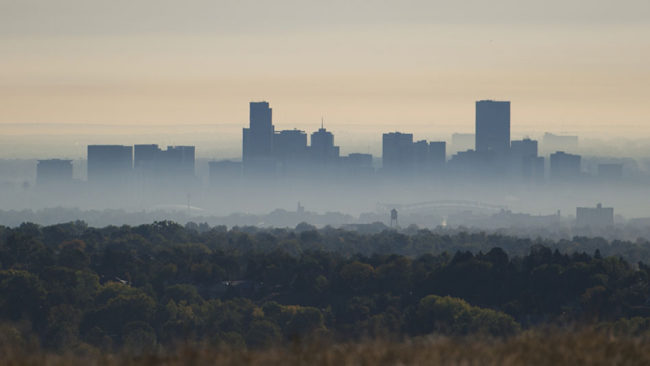
U.S. Senate
See Full Big Line
(D) J. Hickenlooper*
(R) Somebody
80%
20%

Governor
See Full Big Line
(D) Joe Neguse
(D) Phil Weiser
(D) Jena Griswold
60%
60%
40%↓

Att. General
See Full Big Line
(D) M. Dougherty
(D) Alexis King
(D) Brian Mason
40%
40%
30%

Sec. of State
See Full Big Line
(D) George Stern
(D) A. Gonzalez
(R) Sheri Davis
40%
40%
30%

State Treasurer
See Full Big Line
(D) Brianna Titone
(R) Kevin Grantham
(D) Jerry DiTullio
60%
30%
20%

CO-01 (Denver)
See Full Big Line
(D) Diana DeGette*
(R) Somebody
90%
2%

CO-02 (Boulder-ish)
See Full Big Line
(D) Joe Neguse*
(R) Somebody
90%
2%

CO-03 (West & Southern CO)
See Full Big Line
(R) Jeff Hurd*
(D) Somebody
80%
40%

CO-04 (Northeast-ish Colorado)
See Full Big Line
(R) Lauren Boebert*
(D) Somebody
90%
10%

CO-05 (Colorado Springs)
See Full Big Line
(R) Jeff Crank*
(D) Somebody
80%
20%

CO-06 (Aurora)
See Full Big Line
(D) Jason Crow*
(R) Somebody
90%
10%

CO-07 (Jefferson County)
See Full Big Line
(D) B. Pettersen*
(R) Somebody
90%
10%

CO-08 (Northern Colo.)
See Full Big Line
(R) Gabe Evans*
(D) Yadira Caraveo
(D) Joe Salazar
50%
40%
40%

State Senate Majority
See Full Big Line
DEMOCRATS
REPUBLICANS
80%
20%

State House Majority
See Full Big Line
DEMOCRATS
REPUBLICANS
95%
5%
 July 28, 2021 02:30 PM UTC
July 28, 2021 02:30 PM UTC 11 Comments
11 Comments

“How Coloradans commute to work shouldn’t be the concern of state government". Bull-fucking-shit.
A statement so ridiculous only a chamber of commerce could make it.
I guess they can stay off my taxpayer funded fucking roads then.
Exactly. Gotta love the good ol' COC.
Maybe there ought to be a "free-ish market" approach. Bill the counties based on AQI levels, and let the counties decide how to balance: paying out of existing revenues, if they need to raise taxes to cover the costs, or if they want to impose programs to limit AQI violations.
Ozone also has a pretty dramatic, negative effect on agricultural crops in the region, too.
Well, yes, . . .
. . . but apparently it must be really good for bidness??!
Privatize the profits, socialize the negative externalities. What could possibly go wrong?!?
It's the American way!!
I hate to say this, but the Guvs have also accurately described what happened to SB200.
We don’t leave the house much after noon if we can help it. Mornings are better.
The air is horrid.
Wonder what they'll do when there is nothing left to burn but money?